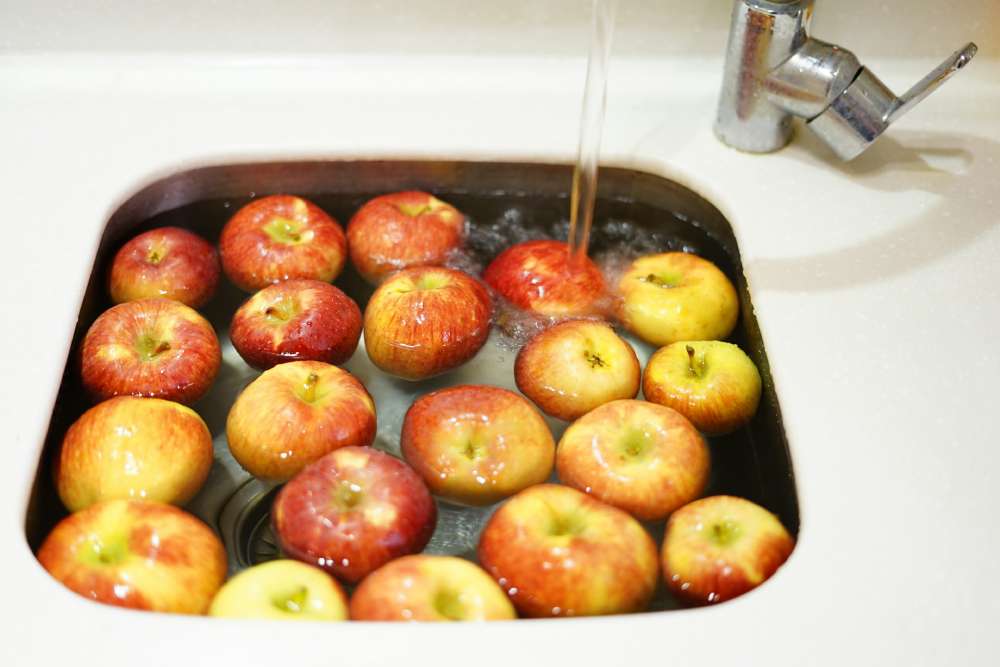The Importance of Water Testing After Well Pump Repair
Water is a fundamental resource for human life, indispensable for various activities ranging from drinking to agriculture and industrial processes. When utilizing well water, ensuring its quality is paramount, especially after repairing or servicing the well pump. Water testing is a crucial step post-repair, safeguarding against potential contaminants and guaranteeing the water’s safety for consumption and other purposes.
Contents
Maintaining Water Quality
Repairing or servicing a well pump can disturb the equilibrium of the water system. Disruptions such as changes in pressure or the introduction of foreign materials during repair procedures may compromise the quality of the water supply.
Sediments, bacteria, or other contaminants could infiltrate the well, affecting the water’s purity. Additionally, aging infrastructure or faulty equipment could contribute to water quality degradation over time. Conducting water testing post-repair provides an opportunity to promptly detect and address any adverse changes.
Ensuring Safe Consumption
One of the primary reasons for testing water after well repair is to verify its safety for consumption. Contaminated water poses significant health risks, potentially leading to waterborne illnesses or long-term health issues.
Even minor pollutants or bacterial presence can have adverse effects on human health. Therefore, assessing the water quality through comprehensive testing is imperative to ensure that it meets regulatory standards and is safe for drinking and cooking.
Protecting Household Appliances and Plumbing
In addition to human consumption, water quality affects the longevity and performance of household appliances and plumbing systems. Contaminants in the water can corrode pipes, damage fixtures, and reduce the efficiency of appliances such as water heaters and washing machines. Regular water testing helps identify corrosive elements or impurities that may harm plumbing infrastructure, enabling timely interventions to prevent costly repairs or replacements.
Preserving Environmental Integrity
The quality of healthy water impacts human health and household systems and has environmental implications. Contaminated water discharged into the environment can harm ecosystems, aquatic life, and soil quality.
Moreover, certain pollutants may leach into groundwater, affecting neighboring wells and water sources. By conducting water testing post-repair, individuals contribute to preserving environmental integrity by preventing the release of harmful substances into natural ecosystems.
Compliance with Regulatory Standards
Various regulatory bodies establish guidelines and standards for water quality to protect public health and the environment. To ensure the safety and purity of drinking water, it is necessary to adhere to the required standards.
After well pump repair, water testing helps homeowners and businesses adhere to these regulations by confirming that the water meets the specified criteria. Failure to comply with regulatory standards jeopardizes public health and may result in legal repercussions or fines.
Identifying Potential Issues Early
Testing water can identify issues early for timely remediation. By monitoring changes in water quality post-repair, individuals can detect emerging problems such as bacterial contamination, chemical imbalances, or structural issues within the sound system. Early detection enables prompt corrective actions, preventing escalation of issues and minimizing associated risks and costs.
Customized Testing Approaches
The testing requirements for healthy water may vary depending on geographical location, local regulations, and specific concerns regarding water quality. Therefore, it is essential to adopt a customized approach to water testing tailored to the unique characteristics of each sound system. It may involve testing parameters such as pH levels, microbial contamination, heavy metals, nitrates, and other relevant water quality indicators.
In conclusion, water testing after well pump repair is critical in ensuring the water supply’s safety, purity, and integrity. By assessing water quality post-repair, individuals can safeguard against contaminants, protect human health, preserve environmental quality, and comply with regulatory standards.
Furthermore, early detection of issues enables timely interventions, minimizing risks and mitigating potential adverse effects. Therefore, prioritizing water testing as part of routine maintenance practices is essential for maintaining a reliable and sustainable water supply from wells.

